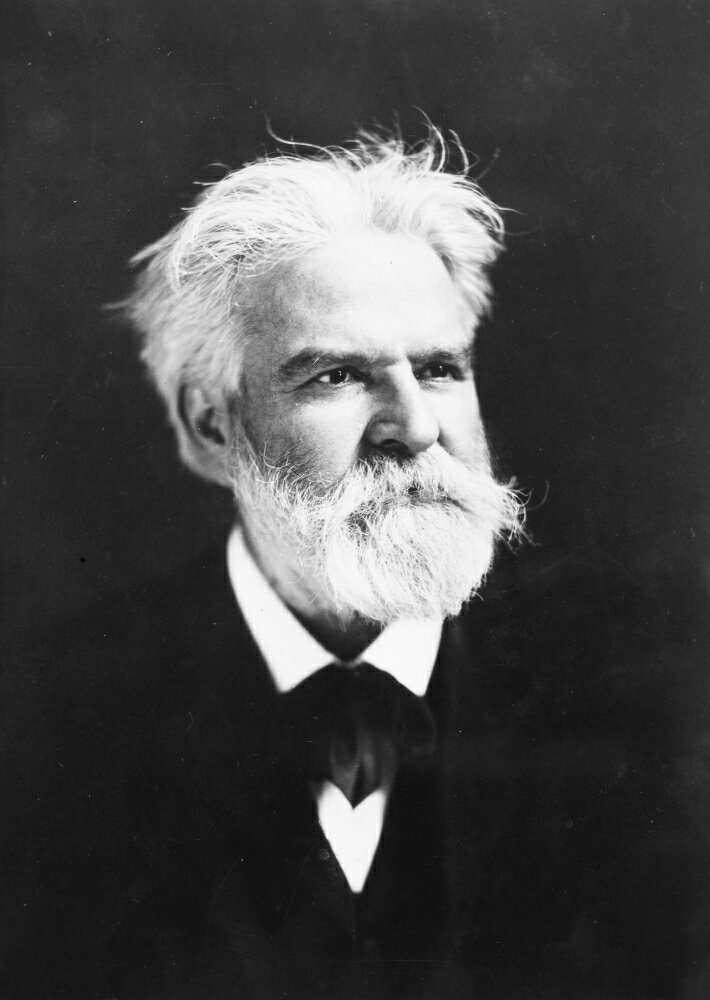

It was popular enough at the time, but for me, it is hopelessly dated and bears little resemblance to Abraham Lincoln. Here was a man to hold against the world,Ī man to match the mountains and the sea. Into the shape she breathed a flame to light Then mixed a laughter with the serious stuff. Tempered the heap with thrill of human tears She took the tried clay of the common road-Ĭlay warm yet with the genial heat of Earth,ĭashed through it all a strain of prophecy She left the Heaven of Heroes and came down Greatening and darkening as it hurried on, When the Norn Mother saw the Whirlwind Hour Markham’s poem, Lincoln, Man of the People, was chosen over 249 others submitted for consideration to be read at the dedication of the Lincoln Memorial on May 30, 1922. When this dumb Terror shall reply to God, With those who shaped him to the thing he is. How will it be with kingdoms and with kings. When whirlwinds of rebellion shake the world? How answer his brute question in that hour How will the Future reckon with this Man? Give back the upward looking and the light How will you ever straighten up this shape This monstrous thing distorted and soul-quenched? O masters, lords and rulers in all lands, Through this dread shape humanity betrayed,Ĭries protest to the Judges of the World, Through this dread shape the suffering ages look The rift of dawn, the reddening of the rose? What the long reaches of the peaks of song, More fraught with menace to the universe.

More filled with signs and portents for the soul. More tongued with censure of the world’s blind greed. There is no shape more terrible than this. Is this the Dream He dreamed who shaped the sunsĪnd marked their ways upon the ancient deep?ĭown all the stretch of Hell to its last gulf To trace the stars and search the heavens for power Is this the Thing the Lord God made and gave Whose breath blew out the light within this brain? Whose was the hand that slanted back this brow? Who loosened and let down this brutal jaw? Who made him dead to rapture and despair,Ī thing that grieves not and that never hopes, In the image of God made He him. -Genesis.īowed by the weight of centuries he leans Written after seeing Millet’s World-Famous Painting It seems timely again, given the ever-increasing gap between the Haves and the Have Nots, and the desperate struggle for survival faced by millions of refugees.

This the poem that brought the 46-year-old Markham into sudden prominence, after years of poems that met with limited success. She comes as hush and beauty of the night, It caused much discussion among the reading public about the working poor, and a feeling that something ought to be done about their plight. The Man With a Hoe, in its day, actually furthered the Socialist Labor Movement. However, in some of his short poems, there are flashes of the poet who wrote a poem that has endured. The hackneyed phrases, and especially the intrusion of ‘The Poet’ into the middle of his own poems, mark many of them as second-rate or derivative. Today’s reader will cringe at a lot of the other poetry that Edwin Markham (1852 – 1940) penned. Markham removed from California to New York City, where he continued to engage in literary work.In pursuit of poetic history for National Poetry Month, I’ve dipped into the dusty past to look at a poet who was once an international figure in literary circles, but whose work has dwindled in the narrow eyes of Fame to a single poem, sometimes found in chronological anthologies: The Man With a Hoe. After the great success of "The Man With the Hoe," Mr. Markham became a teacher in California and was principal and superintendent of several schools until 1899, when he sprang suddenly into fame by the publication in the "San Francisco Examiner" of his poem "The Man With the Hoe." This poem, crystallizing as it did the spirit of the time, and emphasizing one's obligation to Society, became the impulse of the whole social movement in poetry, a movement which largely prevailed during the early years of the twentieth century. During his boyhood he attended school but three months in the year, but later studied at San José Normal School and the University of California. Removed at an early age to California, where his childhood was spent upon a ranch in herding sheep and riding the ranges after the cattle. Edwin Markham was born in Oregon City, Oregon, April 23, 1852.


 0 kommentar(er)
0 kommentar(er)
